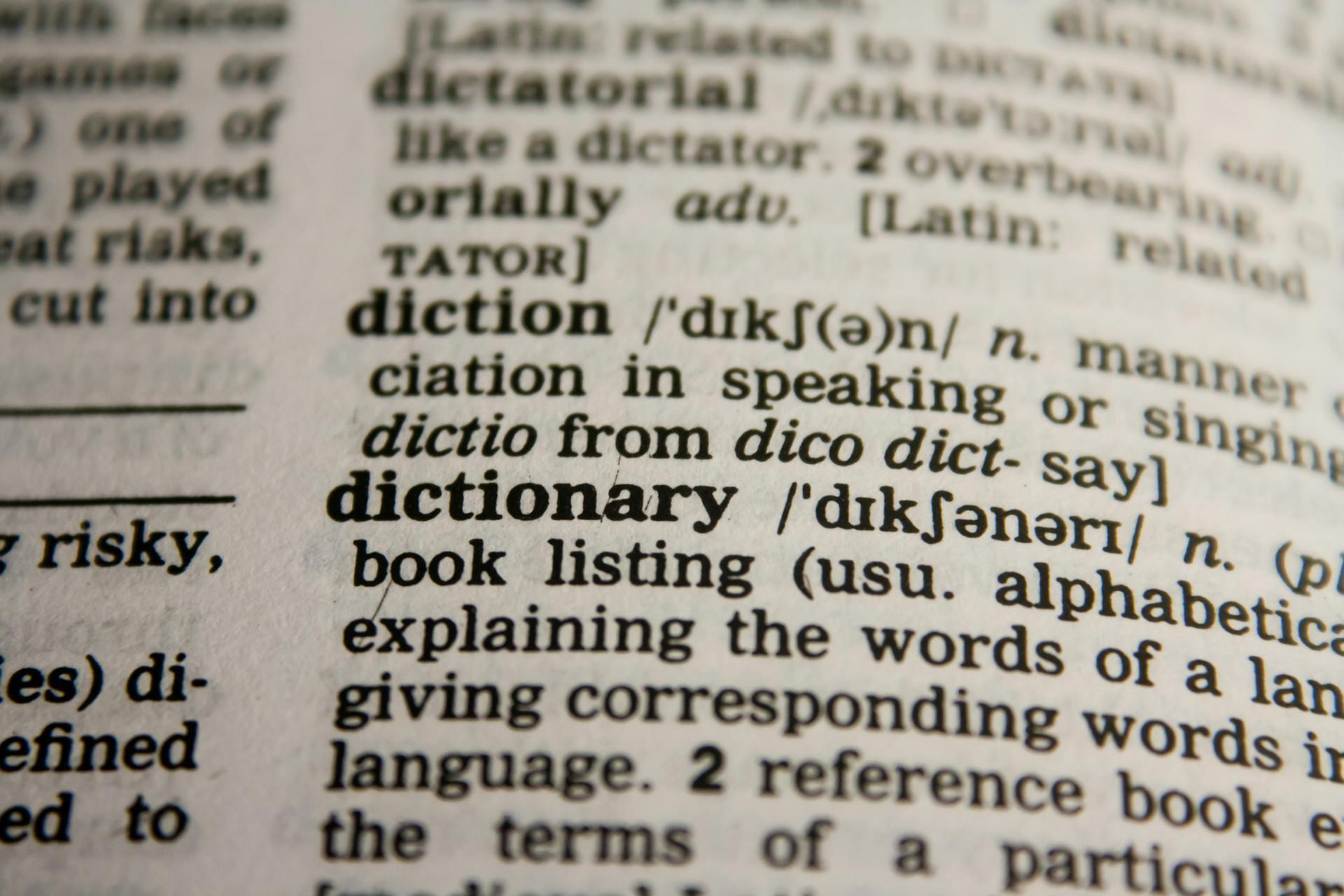The English 12 course in Canada focuses on building fundamental skills such as literacy, critical thinking and effective communication. Through Grade 12 English Literature, you will learn to analyze texts from various styles, developing a solid foundation for your academic and professional paths.
Did you know?
Preparing yourself to excel in the English Grade 12 is highly advisable. The Grade 12 English ENG4U is essential for university admissions in Ontario and the minimum grade requirements typically range from 60% to 70%, depending on the program and school.

Key Texts Studied in Grade 12 English Course
Below are some of the most popular Grade 12 reading books that comprise the ENG4U course curriculum. Here, students will develop critical reading and analysis competencies and explore the impact of ethical decisions, social systems, and the complexity of the human experience.
Macbeth by William Shakespeare
The Handmaid's Tale by Margaret Atwood
Fifth Business by Robertson Davies
Life of Pi by Yann Martel
Skills developed through grade 12 English literature studies
🧠 How to write essays
You will learn to structure coherent arguments, support your ideas with textual evidence, and express your thoughts clearly.
💡 How to argue
You will gain the ability to identify and analyze different perspectives, construct logical arguments, and debate ideas with other students.
✅ How to analyze texts
You will learn how to interpret symbols, themes, and narrative structures to gain a deeper understanding of texts and their context.
Applications Beyond Literature
These transferable literary skills apply beyond the classroom and are fundamental in academic research, professional communication, law, journalism, and education.
Did You Know?
The "Studies in Literature" (ETS4U) course in Ontario is offered for those interested in furthering their knowledge of literature and literary criticism after completing ENG4U, fostering a more in-depth understanding of complex literary texts.
Practical Advice for Students
The Grade 12 English course in Canada requires more than just attending classes. You must develop solid study habits, consistent writing skills, and an open attitude toward literary analysis to get the most out of the ENG4U program. Find the best advice for Grade 12 students to excel in English Literature. Some strategies that will help you better prepare you for future school challenges are: Would you like to discover how to prepare for Grade 12 English?
| Study Strategies | Description |
| 🧠 Write critical essays | Practice writing texts that delve deeper into characters, themes, and the author's techniques. Build a solid thesis and write accurately and coherently. |
| 📘 Enrich your vocabulary | A broad lexicon is key to writing and analyzing texts. Observe how authors use language to express ideas and grow your vocabulary by recording new terms and their context. |
| ✅ Always ask for feedback | Share your writing with other students or teachers. Constructive criticism helps improve your arguments and style. |
| 📖 Active reading | Immerse yourself fully in each reading. Write down important ideas, analyze the characters and the structure of the text. Reflect on what the author wants to communicate. |
| 📑 Writing practice | Essay writing is fundamental to literary studies. Practice writing well-organized texts that focus on literary analysis, the development of ideas, and the use of textual quotations. |
| ✍️ Participate in book clubs and debates | Discussing literature with others enriches your interpretation. Whether in formal or informal settings, sharing ideas exposes you to other points of view and strengthens your critical thinking. |
| 🌍 Explore new reading styles | Read books from different eras, genres, and cultures to enrich your literary vision. Expanding your literacy aptitudes enables you to discover and identify a variety of narrative styles and new topics for reflection. |
Is Grade 12 English Hard? Preparing for University
The Grade 12 English Course can be challenging for many students, as it involves analyzing a variety of complex literary texts, writing school essays, and participating in oral debates. Although somehow complex, this course is designed to strengthen the key competencies students will need in further education and adult life. Discover more about the Grade 12 English curriculum in Canada to learn about other study areas related to English Literature.
Relationship to University Courses
The content of the ENG4U course aligns with the expectations of university programs. The skills you will develop are fundamental in majors such as English literature, history, philosophy, political sciences, communication and cultural studies.

In college, students are required to write research papers, participate in seminars where complex texts are analyzed, and present original ideas supported by textual and theoretical evidence. In addition, acquiring the habit of critical reading will give you a significant advantage over other students who have not undergone similar training.
Career Opportunities
Although it is sometimes thought that literature studies are only helpful for those who want to be writers or teachers, the reality is that the skills acquired in ENG4U open doors to multiple career paths. Competencies in written communication, analysis, information synthesis, and logical argumentation are highly valued in all sectors.
Some professions where these competencies will make a difference are:
In an increasingly information- and communication-oriented world, knowing how to read carefully and write effectively is a competitive advantage in almost any field.
Goals of Grade 12 English Literature
During the English Grade 12 Literature course, students will analyze works of fiction, drama, poetry, essays and texts from different eras and cultural contexts. The course will promote solid critical reading, analytical writing, and oral communication through 4 main curricular areas:
📘 General expectations
Upon completing the English 12 Course, students must be able to read and interpret complex texts from diverse contexts. Students are expected to:
- Demonstrate sound understanding of the content, ideas, themes, and arguments.
- Identify the elements of different literary genres: Narrative, drama, poetry and nonfiction.
- Learn to examine the use of language and how it influences the message of a text.
📖 Literary studies and reading
This area focuses on cultivating students' ability to interpret elaborate texts that represent a wide range of eras and cultural contexts. Students must:
- Develop critical reading skills.
- Identify and evaluate the central themes and concepts.
- Identify the argumentative structures present in the text.
- Understand the literary devices used and their influence on the text.
✍️ Written expression
In terms of written production, the course encourages students to use various print and digital sources to gather relevant information and develop original ideas. Here, you will learn to:
- Select the most appropriate type of text for each purpose, focusing on writing analytical and argumentative essays.
- Learn how to structure your texts with logic and coherence.
- Learn how to revise and edit to meet the established English grammar, spelling, punctuation and style.
🗣️ Language
Another part of the course is strengthening English language proficiency, both written and oral. You will:
- Expand your vocabulary and deepen your understanding of contemporary English language structures.
- Train how to use appropriate academic language for formal contexts.
- Develop attentive listening and thoughtful responses.
📺 Media Studies
Finally, the course integrates critical media analysis, allowing students to understand how media messages are constructed and what techniques, forms, and theories underpin them. They will learn to:
- Evaluate the relationship between each work's content, format, audience, and purpose.
- Apply this knowledge in the creation of their own media products.
- Develop practical design and production skills to complement their training.
Summarize with AI:
























